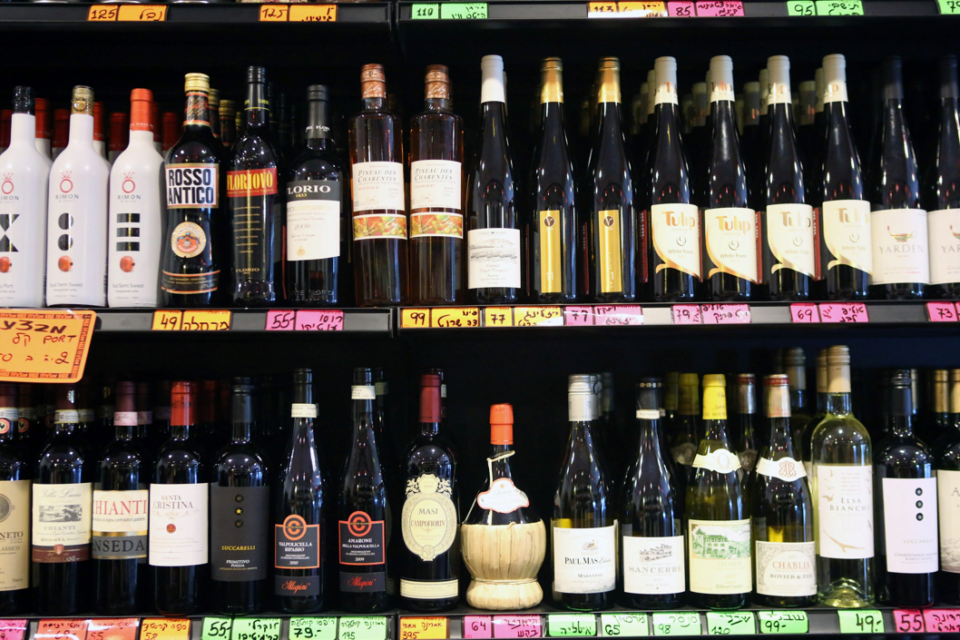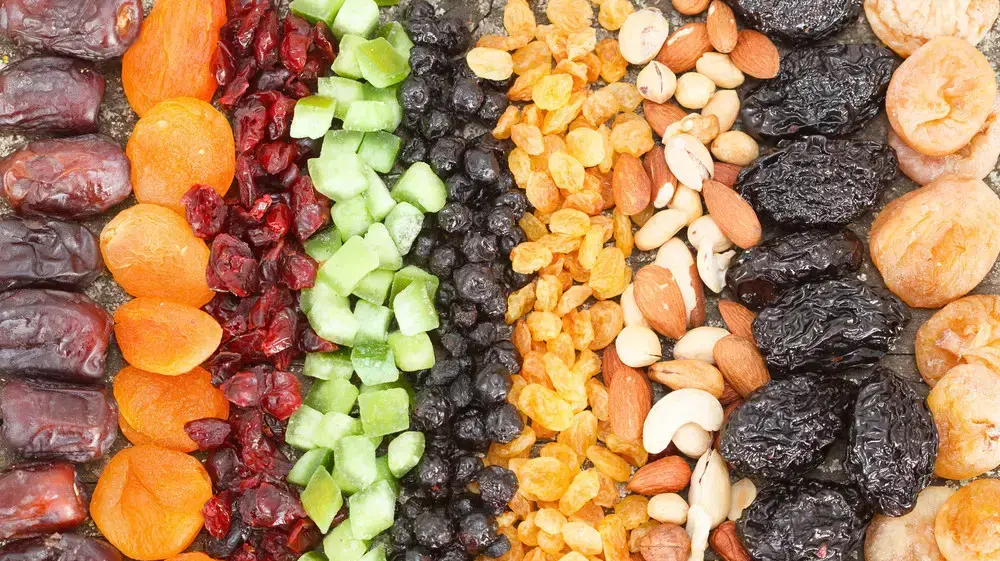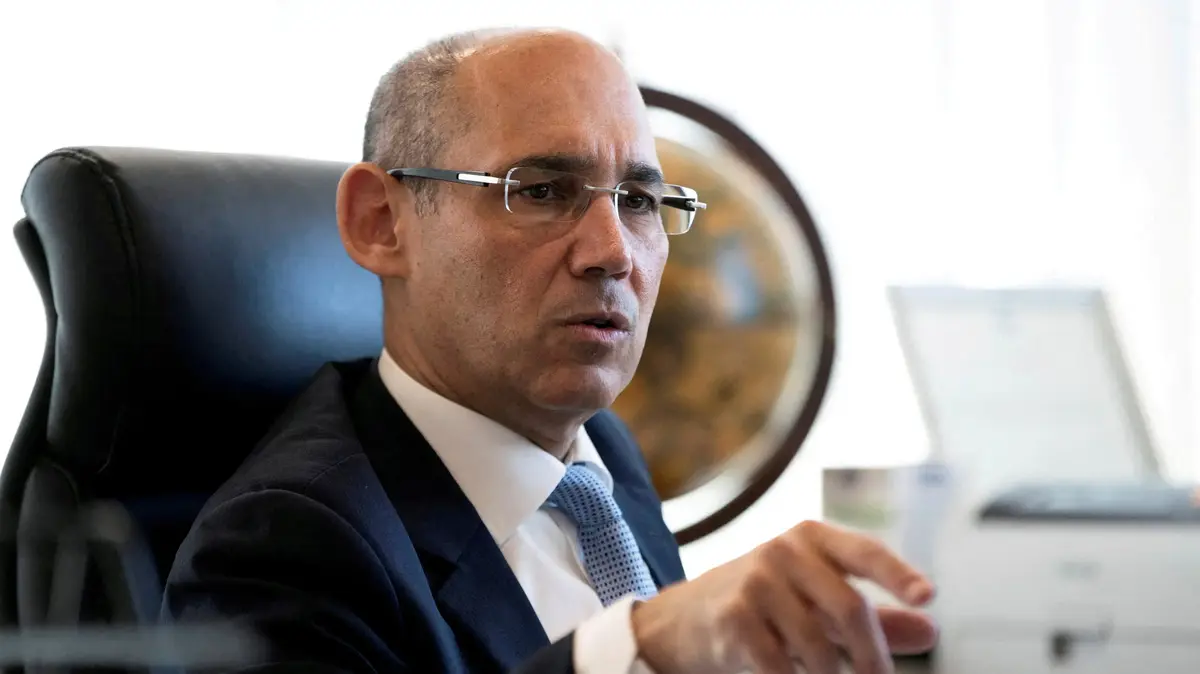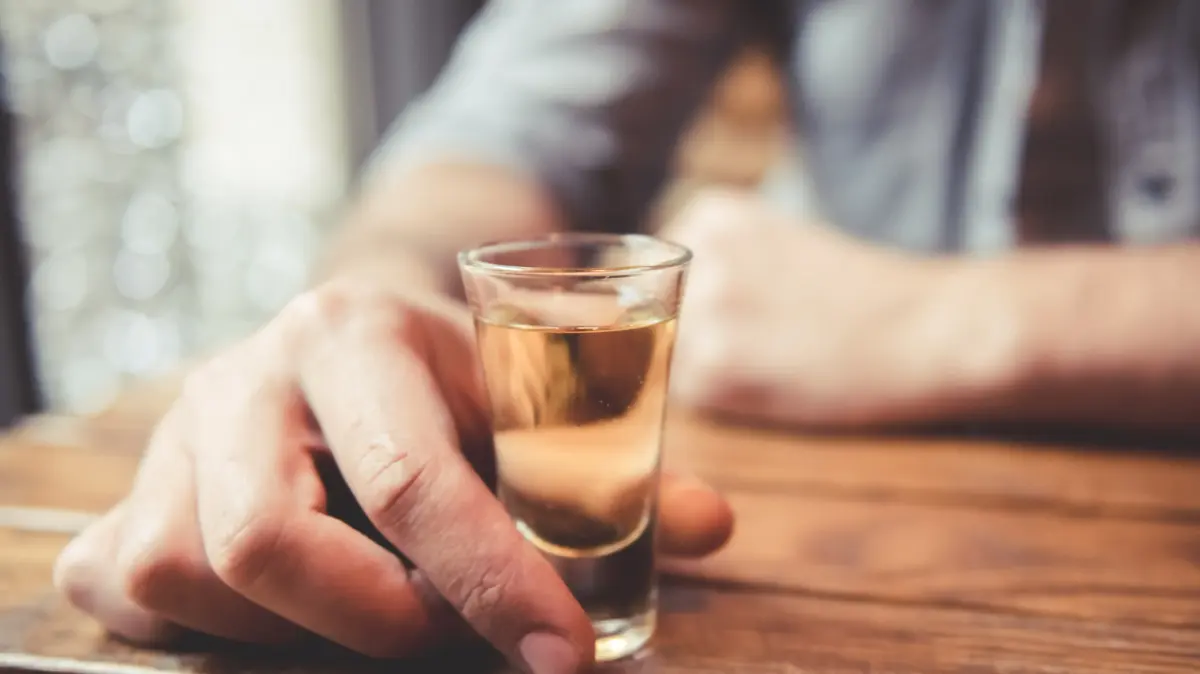On the eve of the holiday, the announcement of the expected merger between Carmel Wineries and Clal Beverage on the stock exchange company went under the radar, and it seems that the market has not yet realized its significance: the strengthening of concentration in the beverage industry in Israel.
Only three groups control the beverage industry in Israel: the public Tempo Group, which owns the Tempo, Pepsi Cola and Nesti brands, and the capitals Maccabi, Goldstar, Heineken, as well as San Benedetto and Barkan and Segal Wineries;
The second group is the main sales and distribution company, with the brands Coca-Cola, Sprite, the beers Carlsberg and Tuborg, Terra Dairies, Prigat, Neviot and Tavor Winery;
And the Yafora Group (controlled by the public 'Cooling Holdings'), which markets the brands Tapuzina, Mei Eden, Ein Gedi, RC Cola, Spring, and now the Carmel Wineries, the largest wine producers in the country, are also joining the group, while only increasing concentration in the beverage industry.
The Tnuvat Ha'aretz package of Carmel Wineries, Photo: Eyal Keren
Carmel Wineries was established in 1886 by Baron Rothschild, Rishon Lezion and Zichron Yaacov. To a group led by Keren Kedma, led by Gilad Halevi.
The controlling shareholders in the fund that currently owns the winery are the British-Jewish businessman Leo Noe, Jay Schottenstein (owners of American Eagle), Rahamim (Remo) Ben Shoshan (owners of the "Marina" mushrooms), the Jelsson family and the Arens family.
As mentioned, the merger means first and foremost the owners of Carmel Wineries' takeover of Clal Beverages, which owns about 30% of the veteran beverage manufacturer Yafora-Tavori, and their becoming the largest shareholder in the merged company, at the expense of the institutions that controlled it.
According to the outline of the transaction, the merger mechanism, if approved by all regulatory bodies, will create one company called Carmel Wineries, 40% of which will be controlled by Carmel Wineries, and the remaining percentages will be divided among existing shareholders in Clal Beverages: Clal Industries, Altshuler Shaham, Harel Insurance, Clal Insurance, Phoenix Willin Lapidot.
The person who will manage the merged company is the CEO of Carmel Winery, Nadav Arens, who since taking office in 2018 has returned Carmel Winery to lead the wine market in Israel, after experiencing a continuous erosion in its status.
Arens is also one of the largest shareholders in Carmel Winery: together with his family, they own about 18.26% of the fund that controls Carmel Winery.
The Carmel Winery brand (formerly Carmel Mizrahi) is one of the strongest brands in Israel, but in the last two years its dominance in the wine and alcohol industry has increased and its sales have grown by about 30%.
According to Sterncast data for 2021 (quantitative), Carmel Wineries dominates the wine market in Israel with a market share of about 33% (up from 31% in 2020).
The player in second place is Barkan and Segal Wineries, a subsidiary of Tempo, with a market share of only about 14% (down from 17% in 2020).
The parties to the merger deal stated that "the move will give the merged company greater access to the capital market for growth and efficiency. The merged company also intends to examine business collaborations in the food and beverage market in Israel, with the aim of the merged company being a significant body in this market."
Were we wrong?
Fixed!
If you found an error in the article, we'll be happy for you to share it with us









